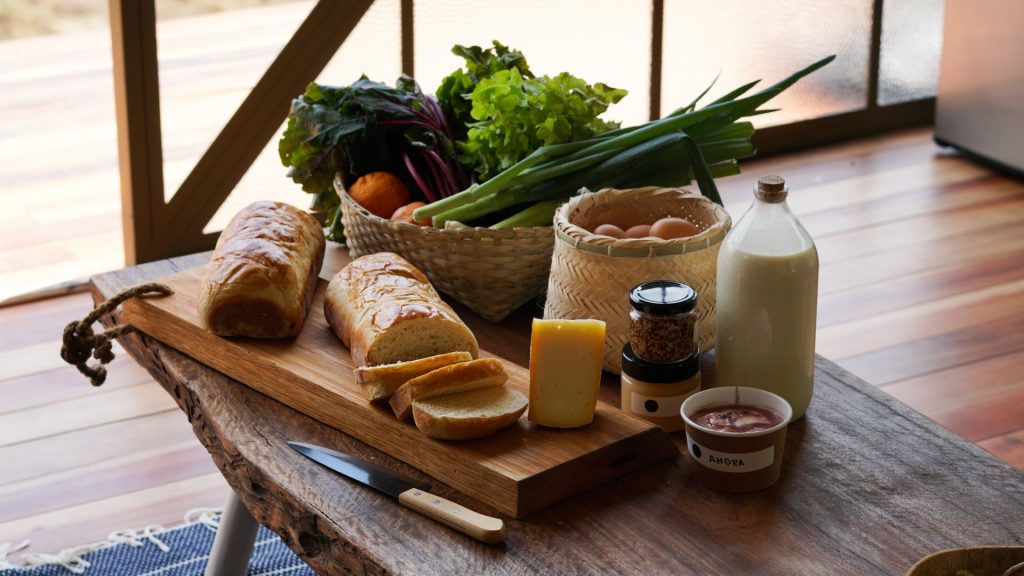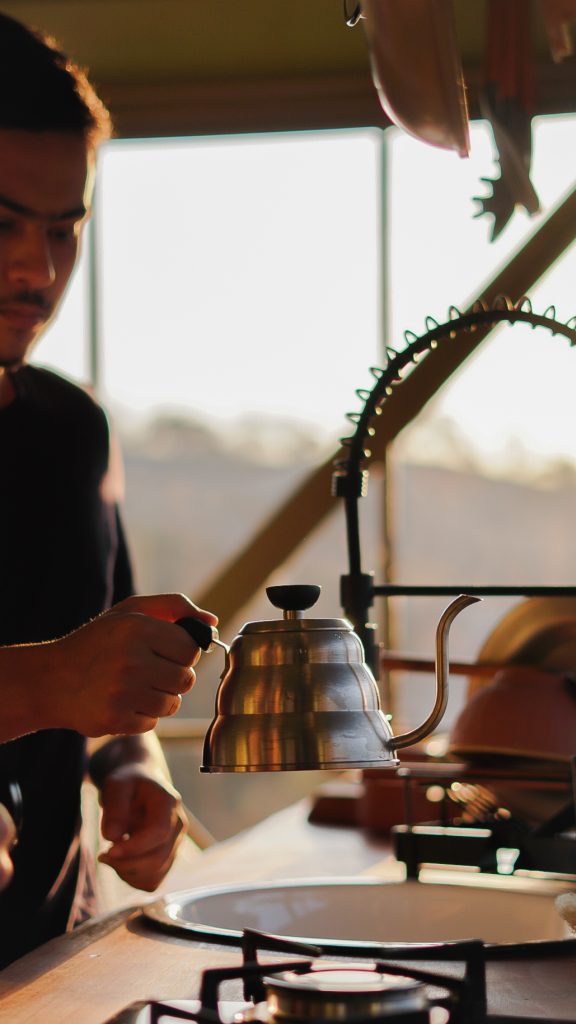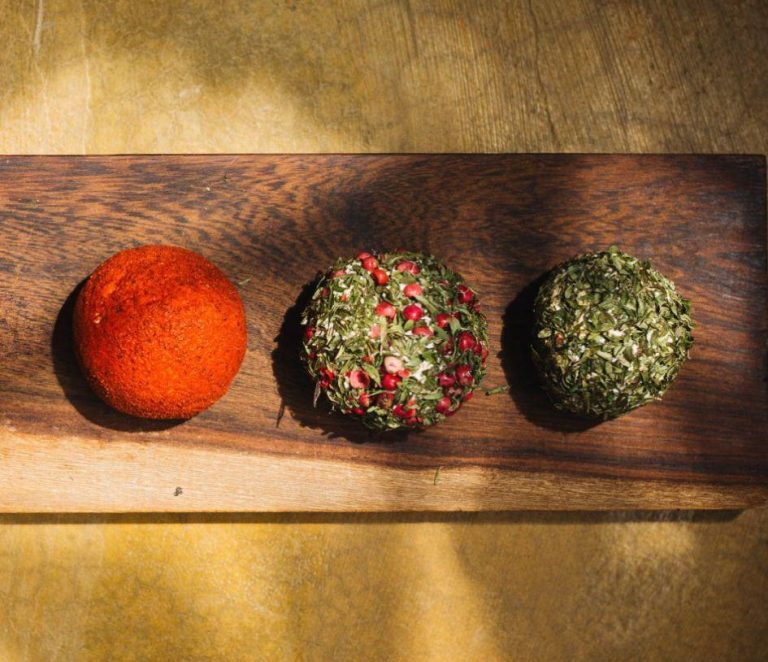São Paulo – Cavalhada is a folk tradition that remains in some places in Brazil in pretty much the same way it started around the 1700s. Caçatuba, a district in the municipality of São Luiz do Paraitinga, São Paulo state, is one of places where the entire community gets involved in its preparations.
But some 50 years ago, during the rehearses of the annual presentation of these event that brings together religiosity, faith and culture, the rider playing the Moorish king felt sick and died, leaving a hole in the cast of the play that recreates medieval tournaments and the battles fought by Christians to reconquer the Iberian Peninsula.

Seu Amaro was an important figure in the city, and his participation in the festivities a tradition. As way to honor him, it was decided to maintain the event and another resident was invited to take up the role. But he refused, claiming he didn’t know how to play and there was little time to learn. But on the appointed day, despite his insecurities, he wore the gear of his fallen mate, mounted and headed to the staging area. People say a figure in red, the same color of the Moorish army, appeared on the center of the square, blended into the participants and then was gone, and the new master who knew nothing suddenly played like he knew everything.
Half a century later, Seu Amaro is back to the center of the stage to receive another homage – the Arab cheese that has recently been included in the portfolio of the Lano-Alto brand was named after him. “For legal reasons, our shanklish can’t be sold under this designation,” says Paulo Lemos, an advertiser turned award-winner cheesemaker. “We’re in deep rural territory, on top of the Serra do Mar, in a village with 800 residents and a 300-year history. It’s impressive how they keep their traditional farming culture alive.”
Caçatuba’s Lano-Alto farm was established in 2018 by Lemos, who was born in São Paulo’s countryside, and his wife Yentl, who comes from a family of Syrians and Lebanese. “Our line is guided by real products that tell stories, so it makes sense to name our launch Amaro, as things connect,” he says.
The couple met and fell in love when he was still working in advertising in São Paulo, some 20 years ago. Together they lived a period in Los Angeles, United States, where they started researching and becoming more concerned about the origin of their foods, and encouraged by friends, they started making cheeses.
From communication to rural life

They went back to Brazil in 2014 to do a job in Inhotim, an outdoor art center in Brumadinho, Minas Gerais, and by the end of the contract, they decided to stay and live in a farm they had bought four years earlier, turning it into a communication office. But the rural life spoke louder, and the items they originally made for their own consumption draw the attention of others. “We could imagine that the things around us would get more attention than our day job, so we realized that creating and selling these was also a way to tell stories,” he says.
Award-winning cheese
The result of this path “made of kidney stones, sweat, and tears,” as Lemos says, arrived quickly. In 2022, two of their recipes won Super Gold and Gold in the Brazilian Cheese World Cup.
Besides making and selling yogurts, cheeses, and dulce de leche alongside a five-strong staff, watching over animals that roam free around the farm, taking care of the brand’s social media, naming their creations, and crafting packages, the couple raises two kids – Lauro, 3, and Pilar, 7.
Report by Paula Medeiros, in collaboration with ANBA
Translated by Guilherme Miranda




